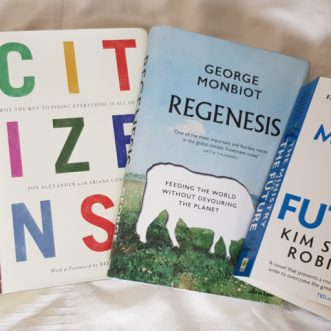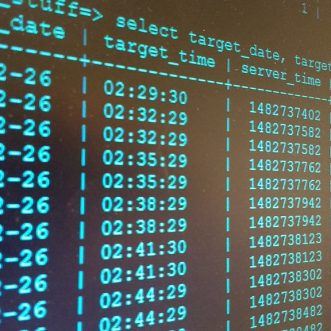
Which side are you on?
If you’ve read Geoffrey Moore’s “Crossing the chasm” (and I recommend it), you’ll be familiar with this diagram:

But what does it practically mean for you?
If you are a business offering something new and different from what has gone before, something that could potentially disrupt the status quo, you need to understand this curve.
As an example, here’s what it means for me.
In the UK, there are around 1,018,220 businesses that employ between 3 and 10 people, including the owner. These are my overall ‘market’, the people I want to serve.
I offer a service that’s new and potentially disruptive to the status quo, so however I niche down into that market, by industry say, or geography, or business life stage, this curve comes into play. It adds another dimension to the psychographic of the people I can help most, that I have to consider when designing, marketing and delivering my service.
Here’s how it splits:
25,455 of them are Innovators. They love trying new things, what matters to them is that things are new and better than the current best option. They’ll want to know how it works (and they’ll take it apart to find out). They’re not worried about support, or infrastructure, they’re just happy to have the latest cool thing to play with. These are great people to test really new ideas on. Until they get bored and move on to the next cool new thing.
137,460 of them are Visionaries. They are interested in getting ahead, and if they can see how a thing will get them ahead of their competitors faster, they’ll go for it. They don’t mind if it’s not all there, or if there is no support. They will happily support themselves. They will ask for your thing to be redesigned to suit them though, so be prepared to maintain several versions of your thing.
346,195 of them are Pragmatists, and much more demanding. They want to know whether a thing solves their problem better than the current market leader, for less than the cost of the problem. They want to know that you are a safe company to work with; that there is support, and maintenance and spare parts. As long as these things are in place they don’t care who does it, which means you can still be a small business, collaborating with other small businesses to provide a complete service. Pragmatists will only use a new thing if they believe that there are enough people like them already using it. They don’t trust Visionaries (‘flying by the seat of their pants’) and they trust Innovators even less. That gap between Pragmatists and Visionaries is The Chasm.
The same number of businesses (346,195 of them) are Conservatives. I think of these people as the ones who say ‘nobody ever got fired for hiring IBM‘. For them what matter is whether a thing solves their problem better than the current market leader, for less money. They want everyone else to be using your thing before they do. They want you to be not just safe, but respected in the marketplace. They also expect you to provide everything yourself – support, maintenance, spare parts. In other words, you have to be a big company like them. Or at least look like it.
Finally, there the 152,733 who are Skeptics. As you might imagine from their position on the distribution curve, they are the last to adopt new things, sticking stubbornly to whatever has served them well up to now, even if the new thing would serve them better.
I’m an Innovator looking to serve Visionaries.
What side of the Chasm are you on? More importantly, where are the people you seek to serve?








